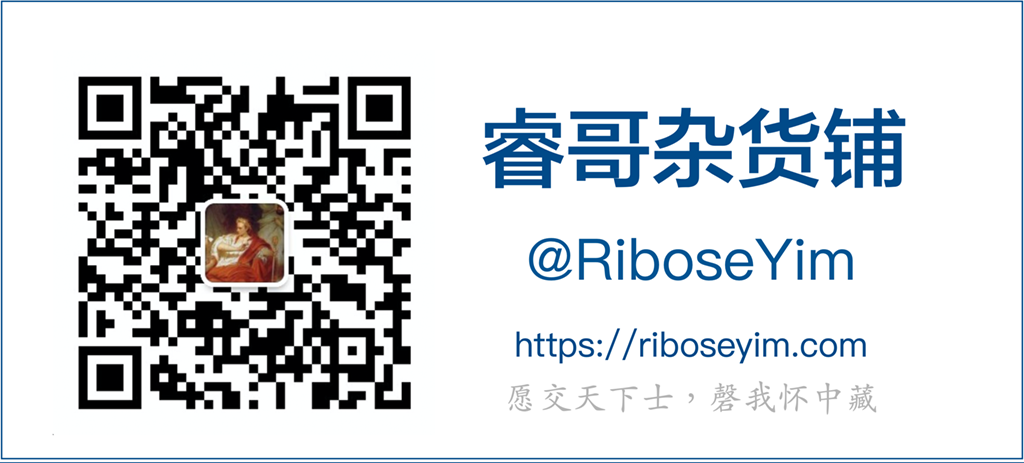摘要
和世界上许多的年轻读者一样,中国儿童是和那些熟悉的名字一起成长的,例如罗尔德·达尔的了不起的狐狸爸爸以及哈利波特系列。
但是北京(政府)现在正采取新的措施来限制访问外国图书和出版物,它开辟了新的防线,以限制外部对中国社会的影响。
Financial Times:中国将加强进口儿童文学作品管制
和世界上许多的年轻读者一样,中国儿童是和那些熟悉的名字一起成长的,例如罗尔德·达尔的了不起的狐狸爸爸以及哈利波特系列。
但是北京(政府)现在正采取新的措施来限制访问外国图书和出版物,它开辟了新的防线,以限制外部对中国社会的影响。
监管部门已经给出版商发出口头指示,限制外国作者编写的儿童书籍数量,具体要求根据他们掌握的订单情况确定。这一决定将使每年出版的中文儿童作品译本,从数以千计减少到几百种,其中一人说。
淘宝,中国最大的电子商务网站之一,持有者是马云的阿里巴巴,周五宣布它们将在平台上禁止销售所有的外国出版物。“为了规范淘宝在线购物平台,创造一个安全和安全的网上购物环境,增强消费者的信心和满意度,淘宝将把所有外国出版物和采购信息加入禁止条款,”阿里巴巴在一份声明中说。
业内专家对这一规则表示惊讶,并质疑这将如何影响快速增长的市场。“我无法想象这种限制是可行的,因为它的实施是如此困难,并且它对任何人或国家都没有任何好处,” 一个要求匿名的资深中文图书编辑说。
Jo Lusby,企鹅兰登书屋北亚区总裁,说:“中国的儿童市场繁荣发展,特别是在学龄前与图画书领域。”在亚马逊中国网站,六出10大畅销儿童书由外国作者,包括哈利·波特与死亡圣器,JK罗琳的一系列关于巫师男孩的冒险的第七部分和最后一部分,和Sam McBratney的“猜猜我有多爱你”,20年前发表以来已经在全球销售2千8百万份。
目前还不知道中国政府的哪一部分在主导限制儿童读物供应的行动。目前还不清楚这项禁令是否有效果,因为星期五的互联网搜索显示数百名中国销售商仍在销售外国儿童读物。
在这份阿里巴巴的声明中措辞含糊,它将同时禁止出售外国视频游戏,CD和DVD。淘宝的一个供应商告诉客户们:“我们可以说的是,珍惜你所拥有的每个人!从现在起,我们几乎可以肯定,如果要买到外国货将更加困难,更加昂贵,更加难得。”
中国的图书和杂志目录是被严格管制的。
只有八家国营的进口商及其附属公司获准将外国书目引入内地。消费者们渴望的禁书在他们向往已久的台湾和香港,那里可以享受大陆读者无法体验的自由访问。
然而,网上卖家提供了一个漏洞,通过巧妙的关键词搜索——所谓的“代购”,可以找到成千上万的违禁品,有事业心的中间人从国外购买商品出售给内地客户。
尽管图书销售的总量在下降,中国的网上图书销售在过去五年中的增长超过四倍。随着生活水平的提高,儿童文学作品的销量增长尤其迅猛。
China tries to restrict access to foreign children’s books
Like millions of young readers around the world, Chinese children have grown up with popular titles such as Roald Dahl’s Fantastic Mr Fox and the Harry Potter series.
But Beijing is now introducing new measures to restrict access to foreign books and publications as it opens a new front in its battle to limit outside influence on Chinese society.
Regulators have given verbal instructions to publishers to limit the number of children’s books written by foreign authors made available in China, according to three people with knowledge of the order. The decision would reduce the thousands of children’s titles published in Chinese translation every year to just a few hundred, one of them said.
Taobao, one of China’s biggest ecommerce sites and owned by Jack Ma’s Alibaba, said on Friday it would prohibit the sale of all foreign publications on its platform.
“In order to regulate the Taobao online shopping platform and to create a safe and secure online shopping environment to enhance consumer confidence and satisfaction, Taobao will add all foreign publications and buyer information to its embargo rules,” Alibaba said in a statement.
Industry experts expressed surprise at the ruling and questioned how it would affect a fast-growing market. “I can’t imagine this restriction to be possible, because its implementation is so difficult, and it also has no benefit whatsoever for the people or the country,” said a senior Chinese books editor, who asked not to be identified.
Jo Lusby, managing director for Penguin Random House North Asia, said: “The children’s market is substantial and growing in China, in particular in the pre-school and picture book area.”
On Amazon’s Chinese site, six out of the top 10 bestselling children’s books were by foreign authors, including Harry Potter and the Deathly Hallows, the seventh and final part of JK Rowling’s series about the adventures of a boy-wizard, and Sam McBratney’s illustration Guess How Much I Love You, which has sold 28m copies worldwide since being published 20 years ago.
THE CHILDREN’S MARKET IS SUBSTANTIAL AND GROWING IN CHINA, IN PARTICULAR IN THE PRE-SCHOOL AND PICTURE BOOK AREA
It is not known which part of the Chinese government is leading the drive to limit the supply of children’s books. It was also unclear whether the ruling was having an effect, as internet searches on Friday revealed hundreds of Chinese vendors selling foreign children’s books.
Ambiguity in the wording of Alibaba’s notice would also allow it to ban the sale of foreign video games, CDs and DVDs. One Taobao vendor wrote to customers: “All we can say is, everyone treasure what you have! From now on, we can be confident in saying that it will be more difficult, more expensive and more rare to buy foreign goods.”
The contents of Chinese bookshelves and magazine stands are strictly regulated. Only eight state-owned importers and their subsidiaries are licensed to bring foreign titles into the mainland.
Consumers eager for banned books have long sought them out in Taiwan and Hong Kong, which enjoy unfettered access to volumes inaccessible to mainland readers.
However, online vendors have offered a loophole, with cleverly worded searches turning up thousands of illicit titles sold by so-called daigou, enterprising intermediaries who buy goods from abroad and sell them on to mainland customers.
Online book sales in China have more than quadrupled during the past five years, even as overall book sales have dipped. Sales of children’s literature in particular have soared as living standards have risen.

